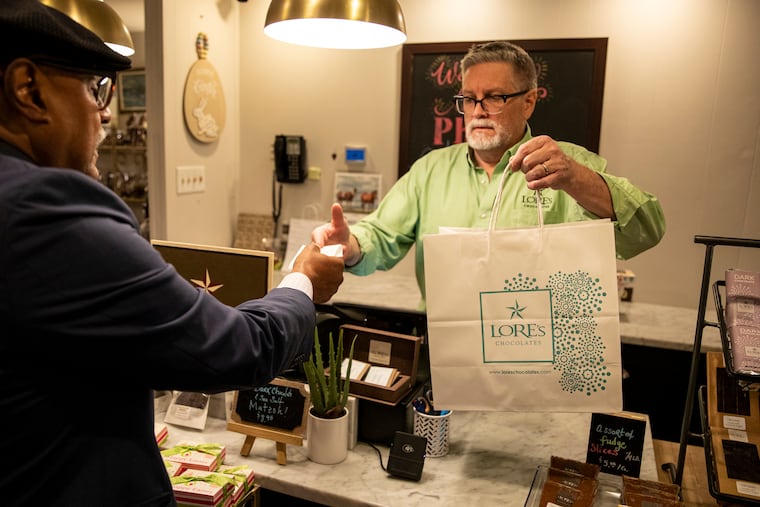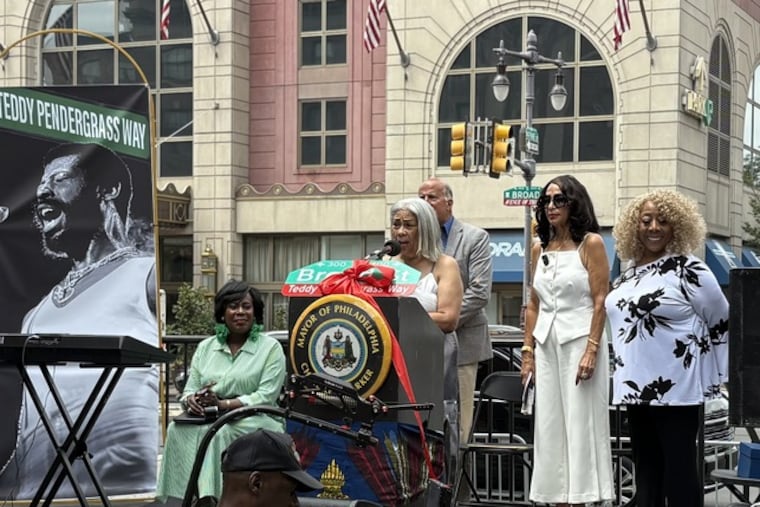Philadelphia may implement a new fee on paper bags pending approval from City Hall.
Philadelphia City Council is actively advancing a legislation initiative intended to mandate a fee for paper bags in retail establishments throughout the city. This marks the third attempt to create such a requirement, and it faces significant pushback from the mayor’s office.
On Monday, a city council committee endorsed legislation that would initiate a 10-cent charge per nonreusable bag at grocery stores, convenience shops, and similar businesses. The primary objective of this measure is to enhance the city’s existing prohibition on plastic bags and to promote the use of reusable bags among consumers. The full council is anticipated to vote on the bill in the upcoming weeks, with a majority of council members serving as co-sponsors, signaling a strong likelihood of its approval.
City Councilmember Mark Squilla, the original architect of the 2019 plastic bag ban, emphasized that the goal of the proposed legislation is to encourage behavioral change among consumers. Following the implementation of the ban on plastic bags, a notable increase in the use of paper bags has been observed. While paper bags can be recycled, city officials point out that they remain less energy-efficient compared to reusable alternatives.
The initial version of Squilla’s legislation included a 15-cent fee on paper bags, but this provision was removed due to resistance from then-Mayor Jim Kenney’s administration. In 2023, the council passed a bill establishing the fee, but Kenney’s pocket veto—where he allowed the bill to expire without action—ultimately killed the proposal as he left office.
The position of the newly elected Mayor Cherelle L. Parker regarding this legislation remains uncertain. During her campaign, Parker prioritized initiatives aimed at improving the cleanliness and sustainability of the city, leading advocates to hope for her support in reducing the reliance on single-use bags. However, Carlton Williams, director of Parker’s Office of Clean and Green Initiatives, voiced opposition to the current bill, expressing concerns that the bag fees could disproportionately burden low-income residents amid rising grocery costs. He suggested that these fees could drive consumers out of the city and adversely impact small businesses already operating on slim margins.
If the legislation receives council approval, Mayor Parker will have the option to either sign, veto, or permit it to become law without her signature. Should she choose to veto the bill, City Council has the capacity to override her decision with a supermajority vote.
Critics of the proposed fee contend that concerns regarding its impact on low-income citizens lack substantial grounding. Proponents argue that the enactment of such fees could prevent an increase in overall grocery prices if stores opt to absorb the costs associated with paper bags. As the discussion surrounding this legislation unfolds, it remains to be seen how Philadelphia will navigate the complexities of environmental policy, economics, and social equity.
As the situation continues to evolve, stakeholders across the city watch closely to understand the potential implications of the council’s actions on the environment and the community.
Media News Source






